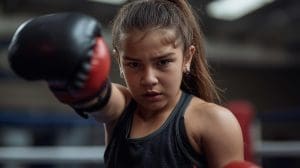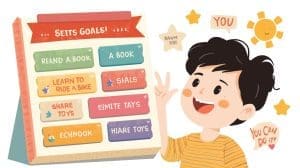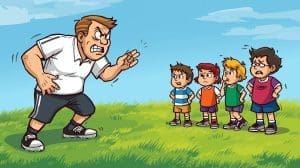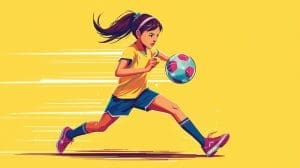Sports Psychology for Children Aged 12–16
Supporting Your Child Through the Teenage Sporting Years
Being 12 years old or a teenager (13–16 years old) is an exciting time but also a challenging stage in sporting terms. Children face tougher competition, peer pressure, growing self-awareness, and often bigger expectations from coaches and parents.
As a parent, you may notice:
- Your child losing confidence after mistakes or poor performances.
- Struggles with resilience when facing setbacks, criticism, or being left out of the team.
- Comparing themselves to others, which can lead to frustration or anxiety.
- A dip in enjoyment or motivation, with talk of quitting sport altogether.
These are normal challenges — but with the right support, your child can learn to overcome them and thrive.
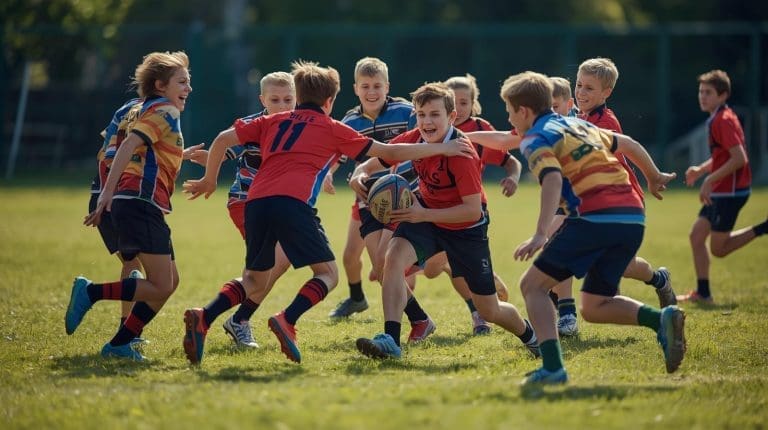
Online Coaching Around The Globe
Since 2020 we have built up an excellent reputation supporting children of different age groups (7-11 years old, 12-16 years old and 17-21+ years old), around the world with video conferencing calls using Zoom, Teams, GoogleMeet or WhatsApp. From the United Kingdom where our base is, we have reached the USA and Canada as well as across several countries in Europe, the Middle East, India and Australasia.
Face to Face Sports Psychology Coaching
We have a small team that operates in different areas of England (North and South), Ireland (near Limerick), Italy (near the Adriatic Sea) and India (Delhi and Mumbai). We provide a personal service meeting children and parents in private and confidential spaces if requested. We also make sessions fun and practical using park areas, football or rugby pitches, golf courses, tennis or basketball courts and more…
Engaging Youth Athletes
Some young people can be difficult to engage, especially when they seek more independence. Many teenagers don’t want to listen to their parents and are navigating rapid emotional and physical changes, making their interests and moods unpredictable. We treat them with respect, listen to them and make them feel valued enhancing their experience. Whilst having some fun too with the exercises and stories that we share!
How Sports Psychology for Children Can Help 12-16 Year Olds?
Our work with 12–16 year old children uses principles of kids sports psychology and child sports psychology to help them:
- Build lasting confidence in themselves and their abilities.
- Develop resilience to bounce back stronger after setbacks.
- Stay engaged and motivated, even when things get tough.
- Manage nerves and pressure more effectively.
- Keep enjoyment at the heart of their sport.
At this age, children face unique challenges balancing school, social life, and sporting commitments while also coping with the emotional ups and downs of adolescence. Our online sports psychology for children equips them with practical tools to stay confident, manage self-doubt, and perform under pressure. We also help them balance educational demands so they can focus when it matters in training and competitive events. By working closely with parents and coaches, particularly in elite pathways, we ensure young athletes build the resilience and mental skills needed not only for sport but also for life beyond it.
What Our Clients Say
Why Parents Choose Inspiring Sporting Excellence

Trust
Parents trust us because we are well educated and have gone through hugely rigorous training on our way to HCPC registration as Sport and Exercise Psychologists. This is a tough process, it takes a minimum of 6 years and has tested our resilience levels too. We also have a team with different experiences, across a range of sports and in healthcare settings. In some cases, we are parents too and get how hard it can be! In short we understand both the psychology of sport and the challenges of raising children during these teenage years.
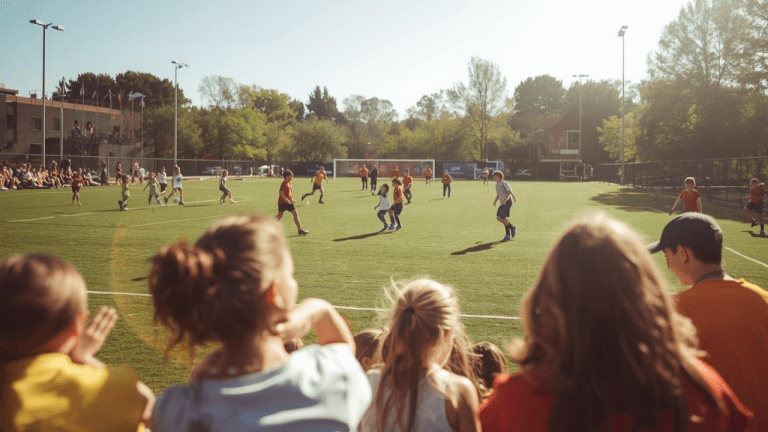
Excellence
We recognise that excellence means different things to different parents, and to their children. To some it means trying hard despite difficulties. On occasions asserting themselves more and taking responsibility for their own actions is a priority. To others it means not giving up on their dreams, making friends and staying engaged in sport. Then there are the elite few who are striving for National, European or World championship success or professional contracts. Who move away from home in their search for success or are trying to balance educational demands.

Flexible
Sessions can be delivered online or face to face, or a hybrid approach is possible too. Online sessions can make it easy for you and your child to fit around school, training, and family life. We believe that flexibility is not just a convenience, but an essential part of supporting young athletes and their families. Whether you prefer the comfort and accessibility of virtual meetings, the personal connection of in-person sessions, or a blend of both, we are dedicated to accommodating your unique needs. In all cases, we respect privacy yet also encourage effective teamwork between children and parents.
Frequently Asked Questions
How do I know if my teenager needs sports psychology support?
Parents often notice signs such as dips in confidence, loss of enjoyment, increased frustration after mistakes, or their child comparing themselves negatively to teammates. If your teenager is talking about quitting sport or seems disengaged, child sports psychology can provide support to rebuild motivation and resilience.
Do you involve parents in the process?
Yes. For children aged 12–16, we believe parents play an important role in supporting their child’s sporting and personal development. While our sessions focus on building confidence, resilience, and enjoyment directly with your child, we also involve parents by offering guidance on how best to support them at home and during competitive events. This might include sharing communication strategies, helping you understand what your child is working on, and making sure everyone is pulling in the same direction. The aim is to create a supportive environment where your child feels understood, encouraged, and empowered both on and off the field.
When would you not work collaboratively with parents?
While parents are usually a vital part of the process, there are times when we may need to give a young person more independence. For example, with teenagers who are seeking greater privacy or autonomy, it can help build trust and confidence if certain discussions remain between them and the psychologist. In these cases, we still keep parents informed about general themes and progress, but we balance this with respecting the child’s growing need for independence and responsibility.
Will sports psychology put more pressure on my child?
Not at all. The aim of kids sports psychology is to reduce pressure and make sport more enjoyable. Sessions are supportive, practical, and age-appropriate, focusing on giving your child coping strategies that build self-belief and encourage them to stay engaged and motivated.



